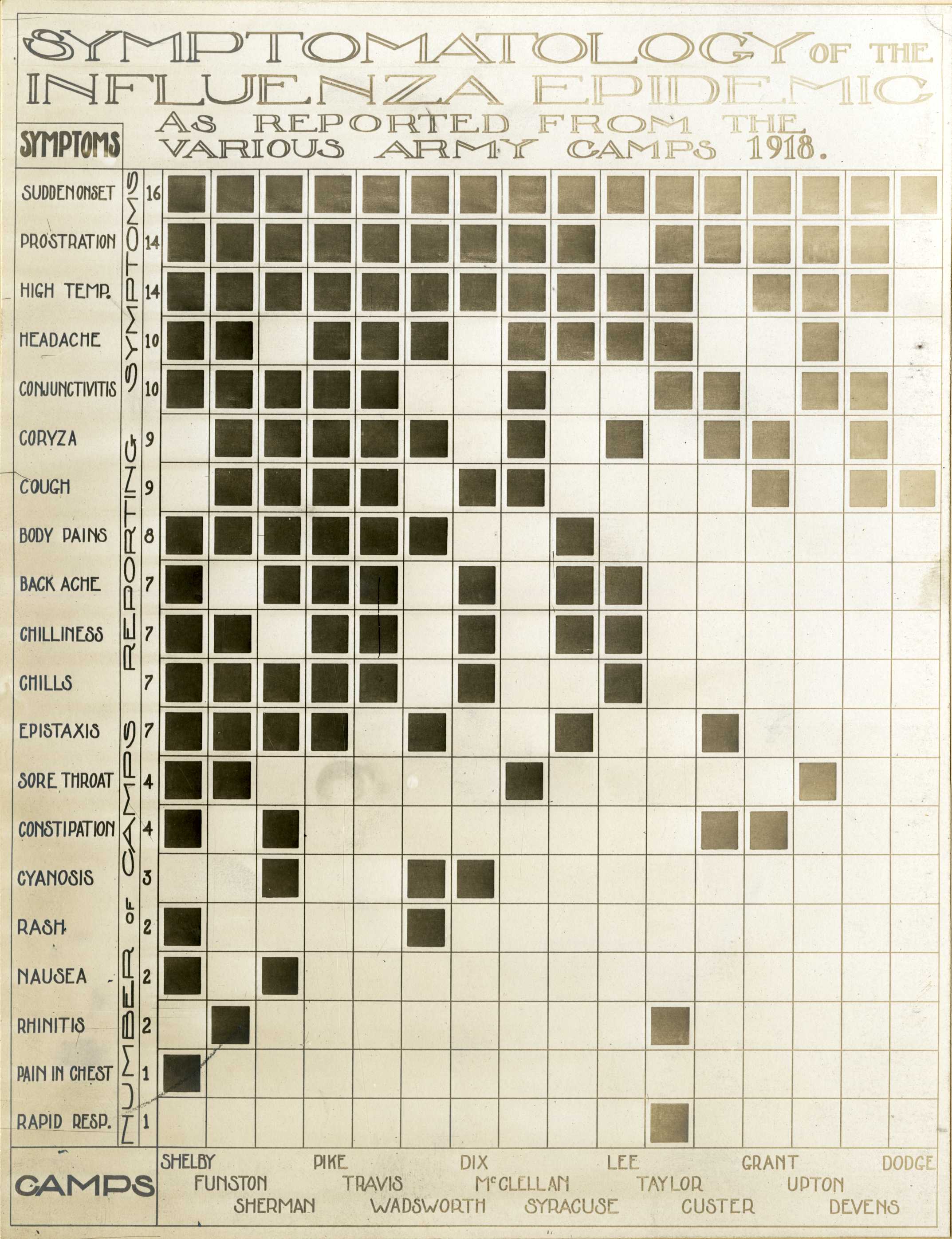
Photo from academic.microsoft.com
Survival regression is commonly applied in biomedical studies or clinical trials, and evaluating their predictive performance plays an essential role for model diagnosis and selection. The presence of censored data,… Click to show full abstract
Survival regression is commonly applied in biomedical studies or clinical trials, and evaluating their predictive performance plays an essential role for model diagnosis and selection. The presence of censored data, particularly if informative, may pose more challenges for the assessment of predictive accuracy. Existing literature mainly focuses on prediction for survival probabilities with limitation work for survival time. In this work, we focus on accuracy measures of predicted survival times adjusted for a potentially informative censoring mechanism (ie, coarsening at random (CAR); non-CAR) by adopting the technique of inverse probability of censoring weighting. Our proposed predictive metric can be adaptive to various survival regression frameworks including but not limited to accelerated failure time models and proportional hazards models. Moreover, we provide the asymptotic properties of the inverse probability of censoring weighting estimators under CAR. We consider the settings of high-dimensional data under CAR or non-CAR for extensions. The performance of the proposed method is evaluated through extensive simulation studies and analysis of real data from the Critical Assessment of Microarray Data Analysis.
Journal Title: Statistics in medicine
Year Published: 2019
Link to full text (if available)
Share on Social Media: Sign Up to like & get
recommendations!